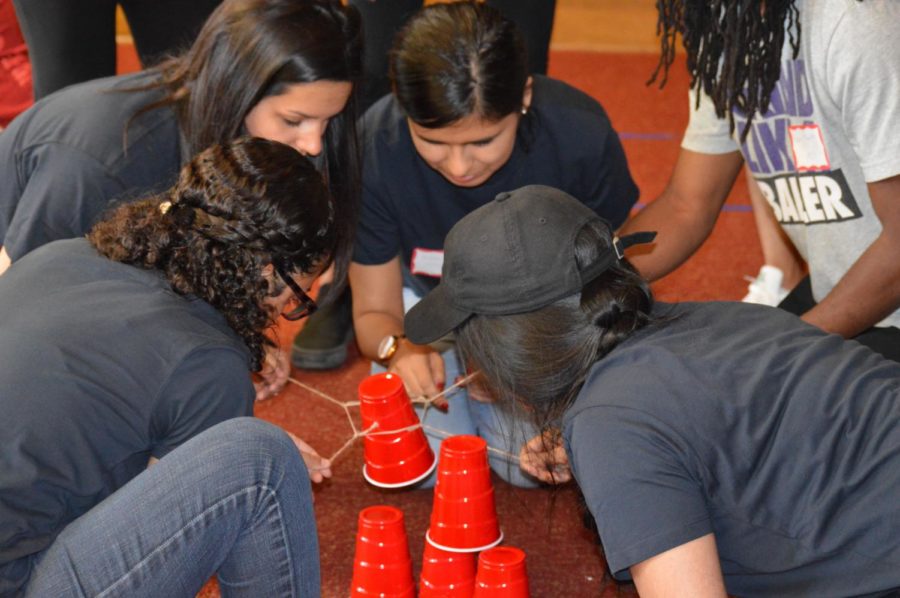Sleep deprivation during finals
December 17, 2013
A person who deals with sleep deprivation may be experiencing fatigue, daytime sleepiness, confusion, memory lapses and clumsiness. During finals week, the loss of sleep could affect the outcome of acing that test.
Sleep is an important component to everyday life. Jason Chan, associate professor of cognitive psychology said that he believes lack of sleep could impair the ability of a student to take a test.
“You want to sleep as least 80 percent of the time that you feel comfortable. So if you’re a person that really needs 10 hours of sleep to function you don’t want to sleep a period of less than eight hours. If you’re a person that needs eight hours of sleep to function you don’t want to sleep less than 6.5 hours,” Chan said.
However, his theory is not backed by science.
Elizabeth Ashley, a senior in kinesiology and health said she gets about six to seven hours of sleep per night.
Any less than those six to seven hours, she said she struggles to focus and remember information.
Stress becomes a large factor during finals week. The lack of sleep can cause drifting off and difficulty retaining information.
Ashley said she would like to get more sleep but factors out of her control prohibit that action.
“I would like to get more but the reality of [the] situation is that with all of the work we are still required to do during dead week overshadows our opportunity to study beforehand,” Ashley said.
According to research, sleep has been believed to be involved in the gaining, preservation and regeneration of memories.
Long-term sleep deprivation is detrimental said Chan. It is very bad for any cognitive capacity of any kind.
In order to do well on finals and continue to acquire the necessary amount of sleep, proper study habits need to be incorporated into daily routines.
“For any type of studying, the best way to study is to test yourself repeatedly and test yourself early on. A lot of students are not aware of the benefits of recalling the information compared to restudying the information,” Chan said.
Chan said that he believes the key to proper study habits is to test yourself early and often. If a student reads the notes three or four times and feels like he or she has got it down pretty good then tests him- or herself, it’s not indicative of how well the information is remembered nine hours later.
“The idea is that you want to read the notes maybe once. You don’t really have it down yet. You take a rest right away, at that point you do very poorly, but at least you know what information you already know and what you don’t know,” Chan said. “So the next time you study you can hone in on the information that you could not recall previously.”
With proper study habits and adequate amounts of sleep, the capabilities of students to do well on finals are endless.
















